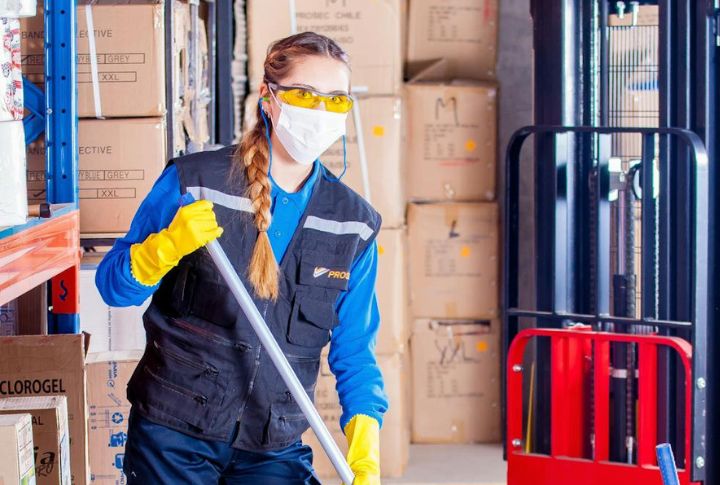
Jobs can carry strange reputations, and sometimes the best-paying ones get overlooked entirely. Behind every paycheck is a story of skill and surprising rewards. People may shrug or joke, but the work keeps life moving. Here’s a closer look at careers people underestimate—jobs that pay well and offer much more than meets the eye.
Waste Management Worker ($48K–$72K)

People joke about garbage trucks, but the folks riding on the back of them often earn more than the average desk worker. This isn’t mindless lifting—it’s physical labor, logistical planning, and tight safety regulations. Depending on region and experience, waste management workers can earn well into the $72K range with full benefits and pension.
Plumber ($48K–$97K)
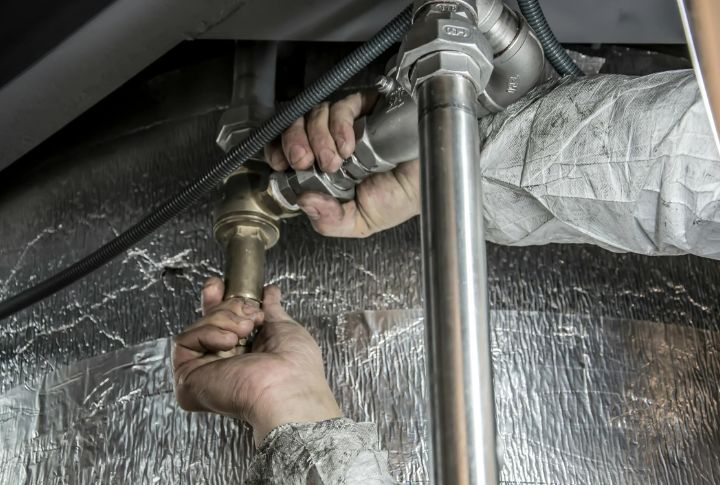
Forget the stereotype of sagging pants and wrenches. Licensed plumbers handle everything from residential pipework to intricate commercial systems. Emergencies don’t wait, which is why a skilled plumber can charge a premium. Between union backing and demand, it’s not uncommon for seasoned professionals to pull in six figures annually.
Police Officer ($45K–$111K)

It’s a high-stakes career that demands more than courage. Police officers manage everything from traffic stops to active crises, often with little warning. The work is physically and emotionally taxing, but compensation reflects that risk. With seniority or special units, salaries can jump past $100K, especially in major metro departments.
Butcher ($39K)

Precision and strength intersect behind the meat counter. Butchers aren’t just slicing steaks—they understand cuts, safety, yield efficiency, and storage. It’s a skilled trade that requires focus and experience. While entry-level wages are modest, experienced butchers in specialty shops or high-end grocers can earn almost $40K comfortably.
Coal Miner ($74K–$100K)
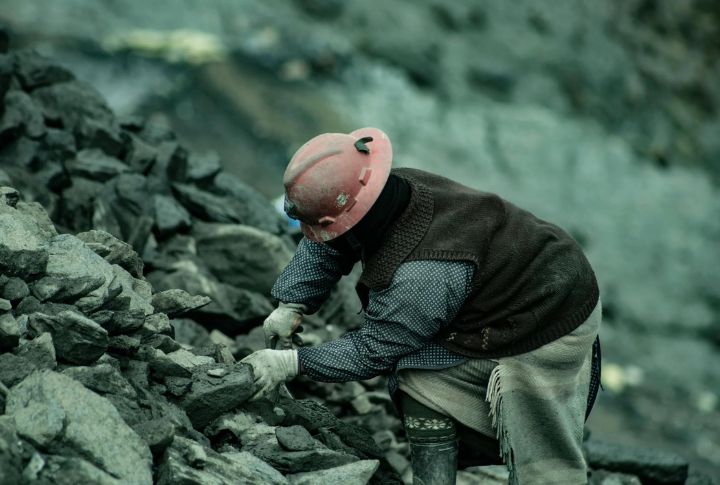
Mining is a career that requires stamina, trust in your crew, and respect for the danger. Coal miners often work deep underground in shifts that challenge both the body and mind. But the paycheck reflects the hardship. Overtime and union rates can push experienced workers into the $74K–$100K range.
Electrician ($38K–$104K)
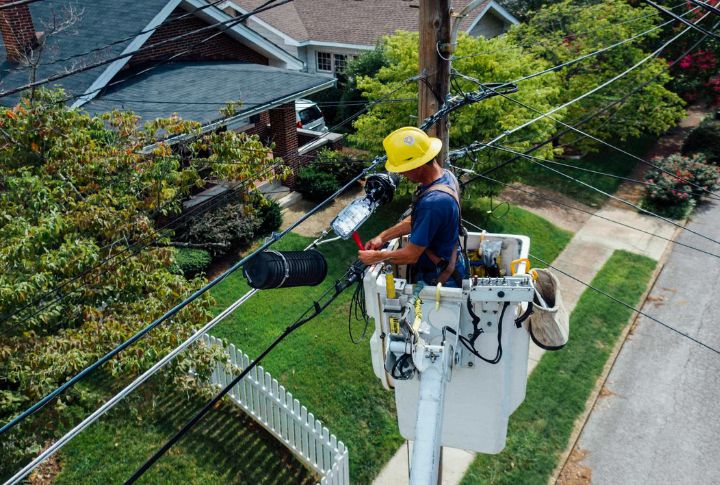
Wiring a new building or diagnosing a circuit problem isn’t guesswork—it’s code-driven, safety-critical work. Journeyman electricians can command significant rates, especially in large cities or high-risk environments. Add in emergency jobs and industrial sites, and it’s easy to see how many clear $90K or more without needing a college degree.
Embalmer ($49K–$58K)

This is work most people can’t stomach, but it’s vital. Embalmers give grieving families the gift of dignity and closure. The job requires technical skills, chemical knowledge, and emotional resilience. Although rarely discussed, many embalmers earn around $ 50,000, with those working in large cities or private firms earning more.
Offshore Rig Worker ($40K–$250K)
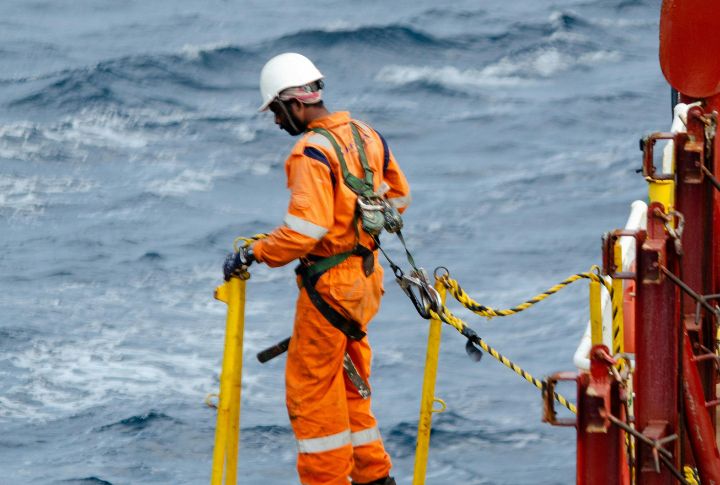
Twelve-hour shifts. Steel decks. Remote locations. Offshore oil work isn’t for the faint-hearted. But for those who can handle the conditions, it can be wildly lucrative. Entry-level roustabouts can start near $40K, while specialized roles like derrickhands or toolpushers routinely earn six figures with overtime.
Funeral Director ($52K–$76K)

They juggle logistics, grief counseling, paperwork, and planning—often all in one day. Funeral directors wear more hats than most people realize. The job demands empathy and calm under pressure. With experience and licensure, many earn between $52K and $76K, especially those running or managing private homes.
Pest Exterminator ($36K–$52K)

Exterminators climb into crawlspaces, deal with infestations, and solve problems most people don’t want to think about. They’re part technician, part detective. A solid full-time tech can make $36K–$52K, and specialists or business owners often earn much more.
Grave Digger ($39K–$55K)

This isn’t Halloween cosplay—it’s a year-round profession of physical labor and machinery. Grave diggers work rain or shine, often before dawn, ensuring ceremonies run smoothly. It’s tough, respectful work with benefits through municipalities or unions. In many cities, full-time staff can earn up to $55K with experience.
Crime Scene Cleaner ($41K–$56K)

After the detectives and news crews leave, someone has to handle the aftermath. Crime scene cleaners deal with hazardous waste and psychological residue. It’s gritty, exacting work. Depending on location and experience, many earn between $41K and $56K, with some trauma cleaning specialists clearing six figures.
Sewage Inspector ($38K–$63K)
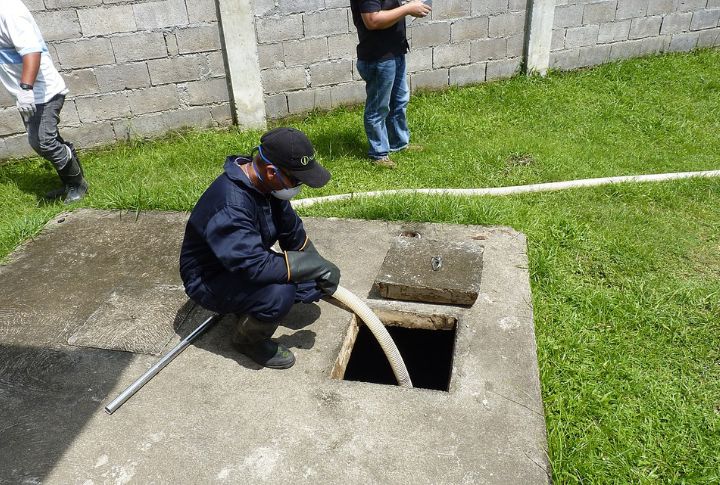
Out of sight, out of mind—until something backs up. Sewage inspectors make sure the infrastructure that most people never think about stays functional. The role requires technical knowledge, certifications, and a strong stomach. With municipal backing and union protections, it’s not unusual to see salaries in the $38K–$63K range.
Commercial Fisherman ($37K–$71K)

Fishing isn’t a pastime when your paycheck depends on the haul. Dangerous, unpredictable, and often seasonal, commercial fishing pays well for those who can handle it. In high-yield seasons—like Alaskan crab or tuna runs—some crew members walk away with six figures in a matter of months.
Janitor ($28K–$41K)

It’s more than mopping. Janitors often double as building monitors, supply managers, and overnight safety staff. Schools and offices rely on their quiet consistency. The best part? Union jobs often come with full benefits, and senior janitors in government or large corporate settings can bring in $40K or more.
Landfill Operator ($46K)
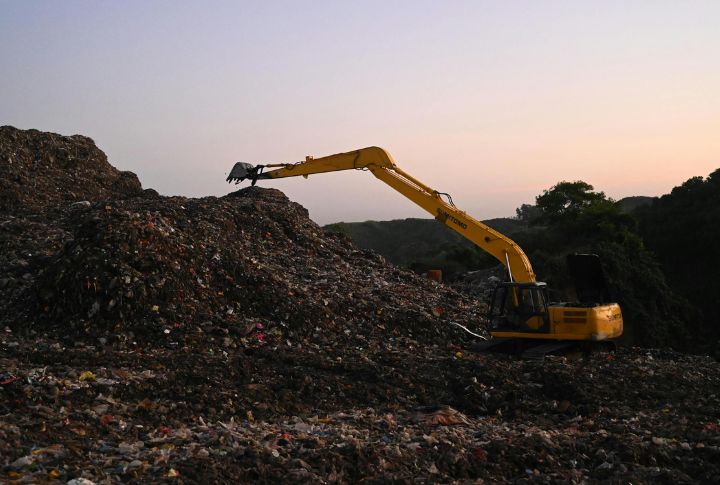
Running a landfill isn’t just dumping trash. It involves environmental regulations, soil management, heavy equipment, and safety compliance. It’s both blue-collar and technical. Operators who stay long enough to supervise or manage sites often earn over $46K in areas with tight environmental oversight.
Truck Driver ($83K)

Long-haul trucking is grueling, but indispensable. Drivers navigate tight delivery windows and unpredictable weather. However, for independent types, it can be freeing and profitable. Experienced CDL drivers, especially those hauling hazardous or specialty loads, regularly make $83K or more, plus bonuses. Owner-operators can clear six figures after expenses.
Auto Mechanic ($30K–$77K)

The guys in coveralls are far more than wrench-turners. Diagnosing modern vehicles requires computers, certifications, and steady hands. Dealer techs working on imports or luxury cars can make anywhere from $30K to $77K. Master techs and shop owners do even better, and the job security is rock solid.
Welder ($37K–$100K+)

Sparks fly, literally. Welders fuse metal in high-heat, high-risk environments. The skill translates across industries—shipbuilding, pipelines, aerospace, and construction. Entry-level pay is decent, but specialists like underwater welders or pipefitters command $100K+. It’s physically demanding, but the payoff for expertise is substantial.
Snake Milker ($42K)

Imagine your day job was extracting venom from some of the world’s most dangerous snakes. That can be quite scary, so there’s a lot of hesitation getting into it. But the world needs these milkers to produce antivenom and advance medical research. They earn around $42,435 a year for their brave and important work.
